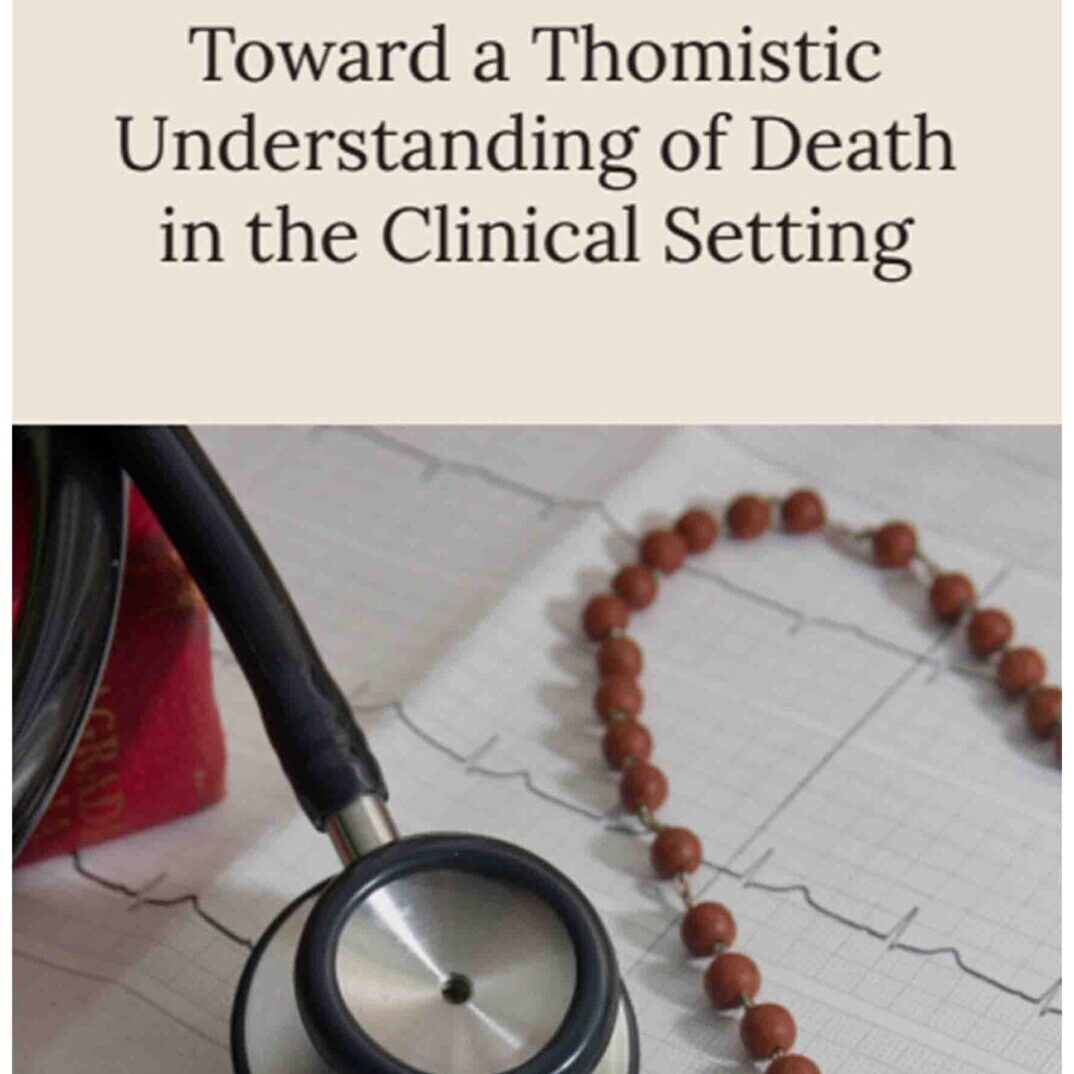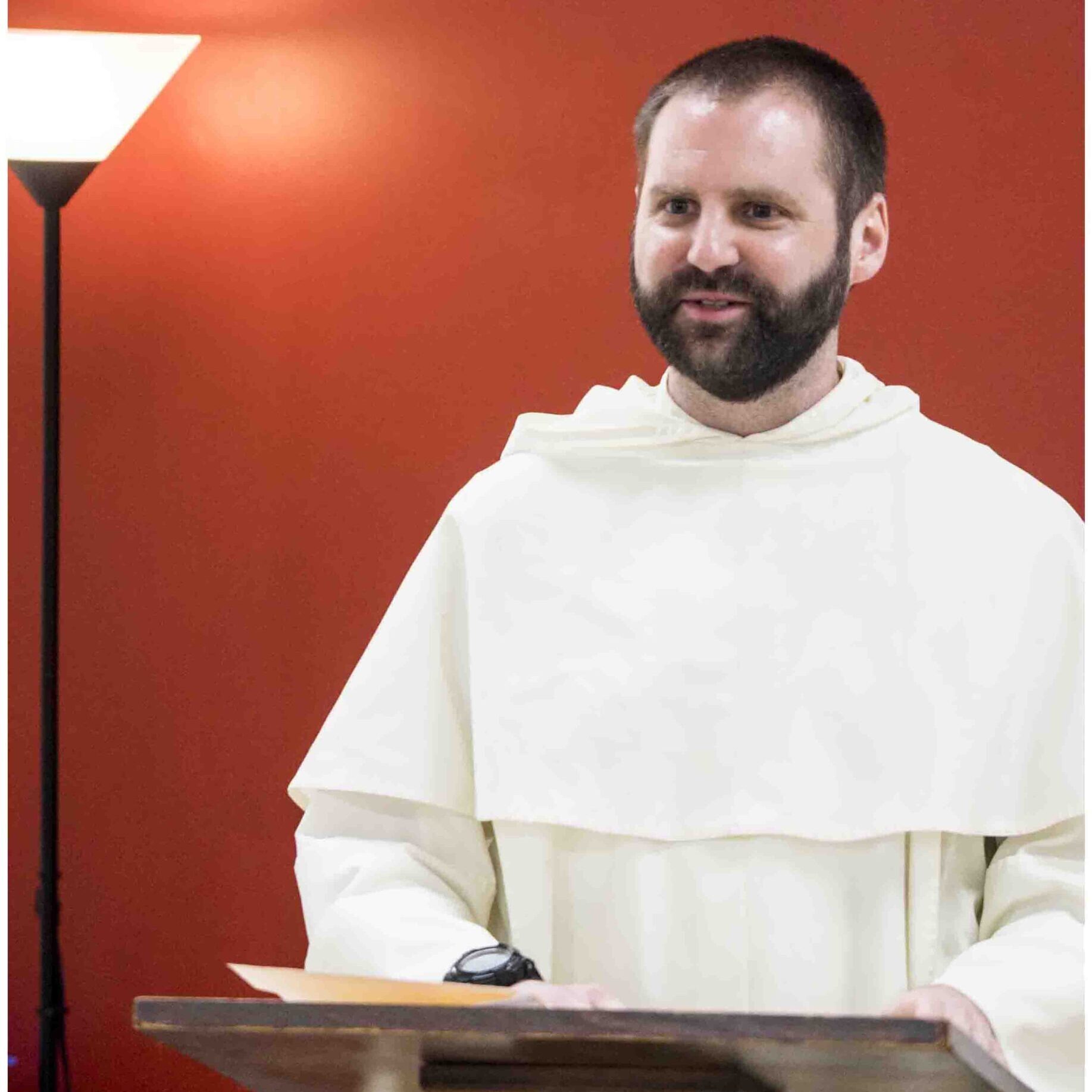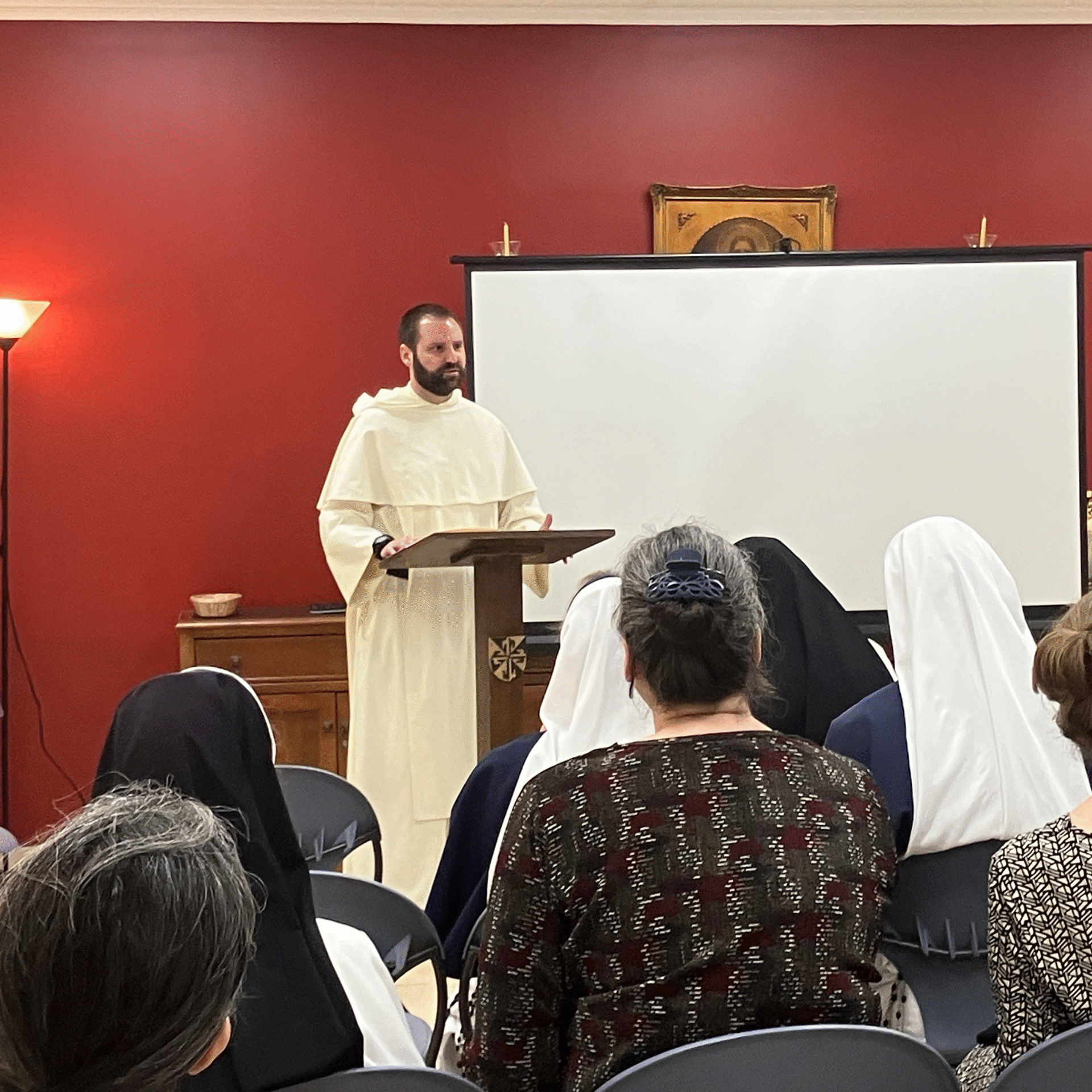On June 6, the DHM hosted the first annual Thomistic Bioethics Colloquium: Towards a Thomistic Understanding of Death in the Clinical Setting.
Human death, defined as the moment when the soul departs from the body, is a single event that no empiric approach can directly identify. Clinical determinations of death have traditionally relied on signs and parameters to ascertain that death has already occurred. In recent decades, developments in life-sustaining medical interventions and resuscitation techniques have complicated determinations of death, prompting additional approaches beyond those based on cardiopulmonary function to include the neurological determination of death—often referred to as “brain death.” Ongoing clinical and ethical controversies about how precisely to determine when death has occurred call attention to the natural tensions and overlap between metaphysical and scientific understandings of death. This colloquium aims to work towards consensus in articulating a more robust metaphysical understanding of death—presupposing a Thomistic-Aristotelian hylomorphic framework—that will aid ongoing conversations about clinical approaches to determining death.
Stay tuned for the published conference texts soon.





